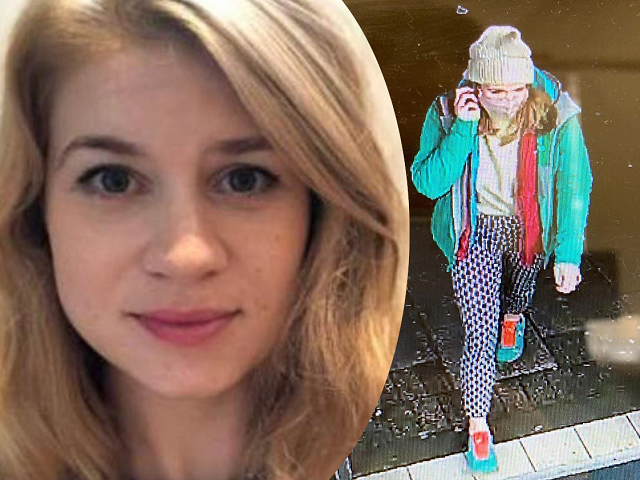Police officer Wayne Couzens used his knowledge of Covid patrols to deceive and carry out a fake arrest on Sarah Everard as she walked home, before kidnapping, raping, and murdering her, a prosecutor has said.
Sarah Everard, a 33-year-old marketing executive, had been walking home from a friend’s house in Clapham, south London, on the night of March 3rd when she went missing. One week later, her body was found some 60 miles away in a woodland in Ashford, Kent. Forensic examination later revealed Miss Everard had been raped and murdered by strangulation, with her remains set on fire.
Police arrested 48-year-old Wayne Couzens, a serving London Metropolitan Police Service parliamentary and diplomatic protection officer, on March 10th. Couzens pleaded guilty to Miss Everard’s kidnapping and rape at a hearing in June, then admitted in July to murdering her.
Couzens has since remained silent on the full circumstances of Miss Everard’s murder, but Prosecutor Tom Little QC accused the former officer of using his knowledge of Covid patrols and his access to police equipment to “detain[] by fraud” his victim and pretending to be enforcing the government’s strict lockdown measures when he kidnapped her, according to comments reported by the Evening Standard on Wednesday.
During the first of a two-day sentencing hearing, Mr Little told those at Old Bailey that Couzens had undertaken a couple of shifts of the uniformed coronavirus patrols and “was therefore aware of the regulations and what language to use to those who may or may not have breached them, if speaking to them.
“He was to use that knowledge to kidnap Sarah Everard.”
The court heard that the rape and murder was premeditated, with Couzens having hired a car, ordered a spare set of keys for his handcuffs, and had taken home police equipment beforehand.
The prosecutor continued that a former boyfriend of Miss Everard had described her as streetwise and not the kind of person to get into a car with a stranger.
Mr Little went on to imply that Sarah, who had broken lockdown rules to visit her friend, may have been “more vulnerable to, and more likely to submit to, an accusation that she had acted in breach of the regulations in some way” and thus susceptible to accepting orders from Couzens, who he alleged had shown the young woman a warrant card to convince her he was acting on authority to handcuff her and put her in his car.
CCTV footage shown to the court revealed the interactions between Miss Everard and the police officer, where he was alleged to have shown her the warrant card, and was later seen in the back of Couzens’ car.
A couple driving along the dual carriageway also witnessed the kidnapping, describing seeing the 33-year-old being put in handcuffs behind her back by what she assumed was an undercover police officer, with the wife remarking to the husband that it was an unusual sight.
“Whilst it is impossible to summarise what the defendant did to Sarah Everard in just five words, if it had to be done with a hashtag, it would be more appropriate to do so as deception, kidnap, rape, strangulation, and fire,” Mr Little said.
The incident happened during the height of England’s third lockdown. Officers had been widely criticised for their, at times, heavy-handed enforcement of coronavirus restrictions, especially coming under fire for threatening a women’s campaign group with criminal prosecution and thousands of pounds in fines if they organised a vigil for the murder victim.
London’s Met was later cleared by the policing watchdog over allegations that its officers had acted in a “heavy-handed manner” when they broke up a vigil for Miss Everard on March 13th.
Lord Justice Fulford will pass sentence on Thursday, with the possibility Couzens could spend the rest of his life in prison.

COMMENTS
Please let us know if you're having issues with commenting.